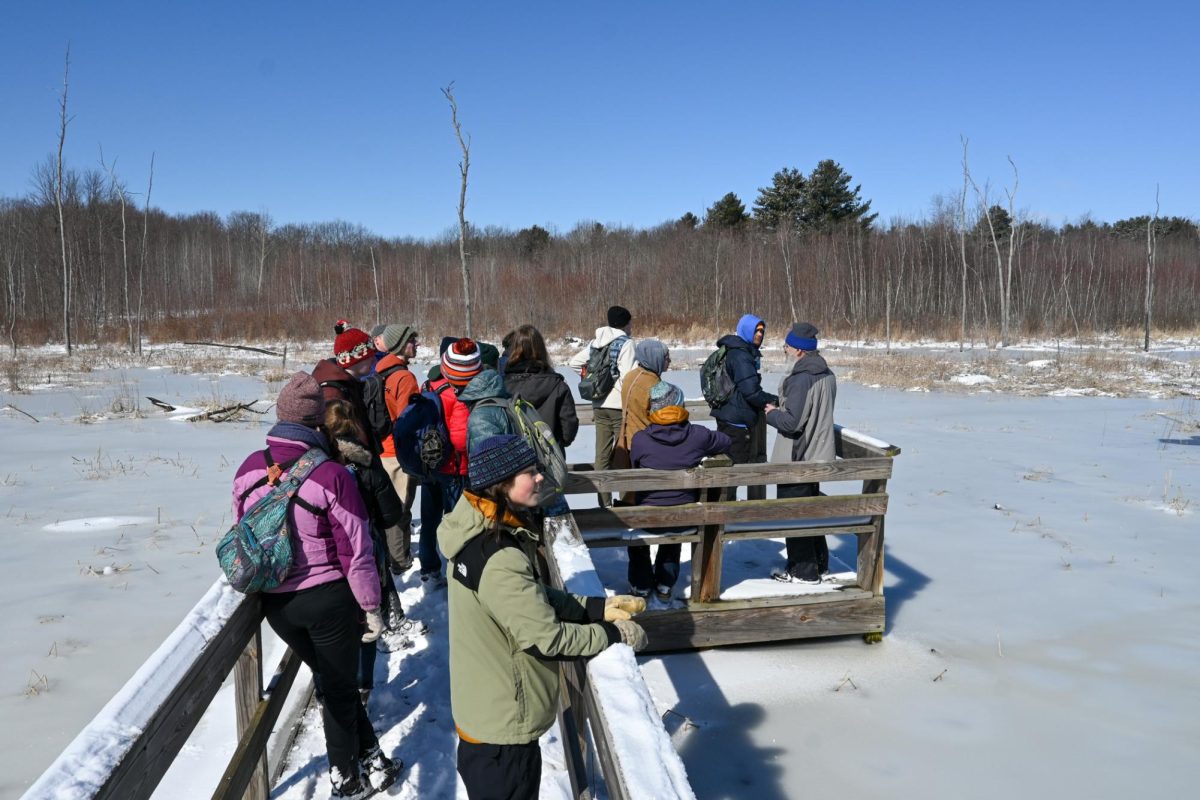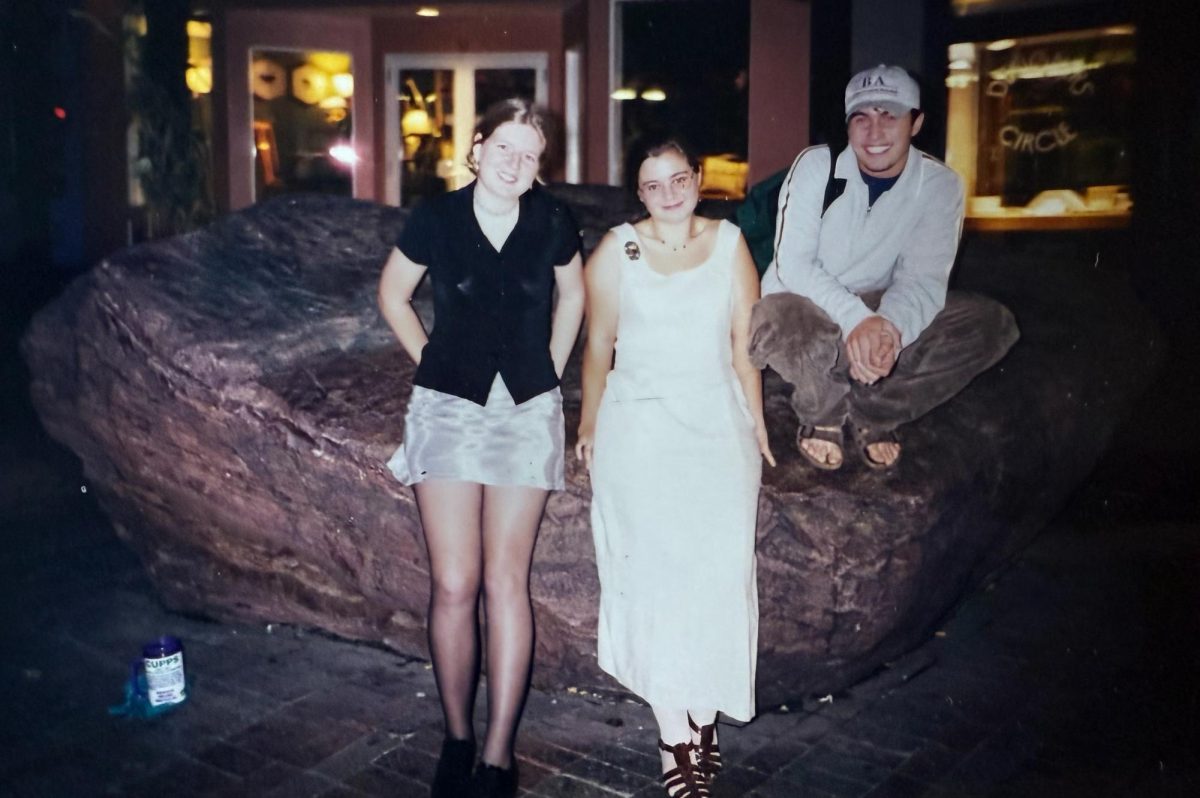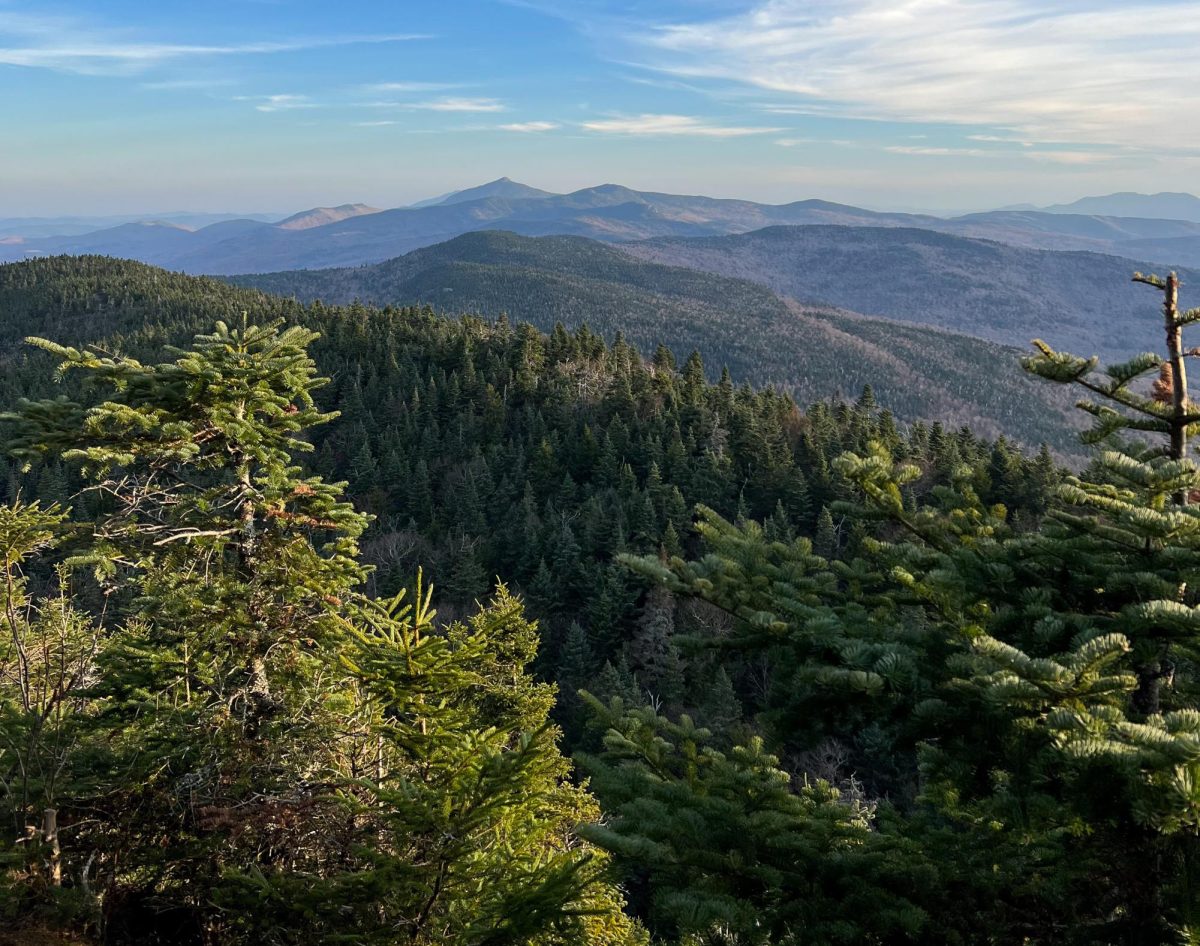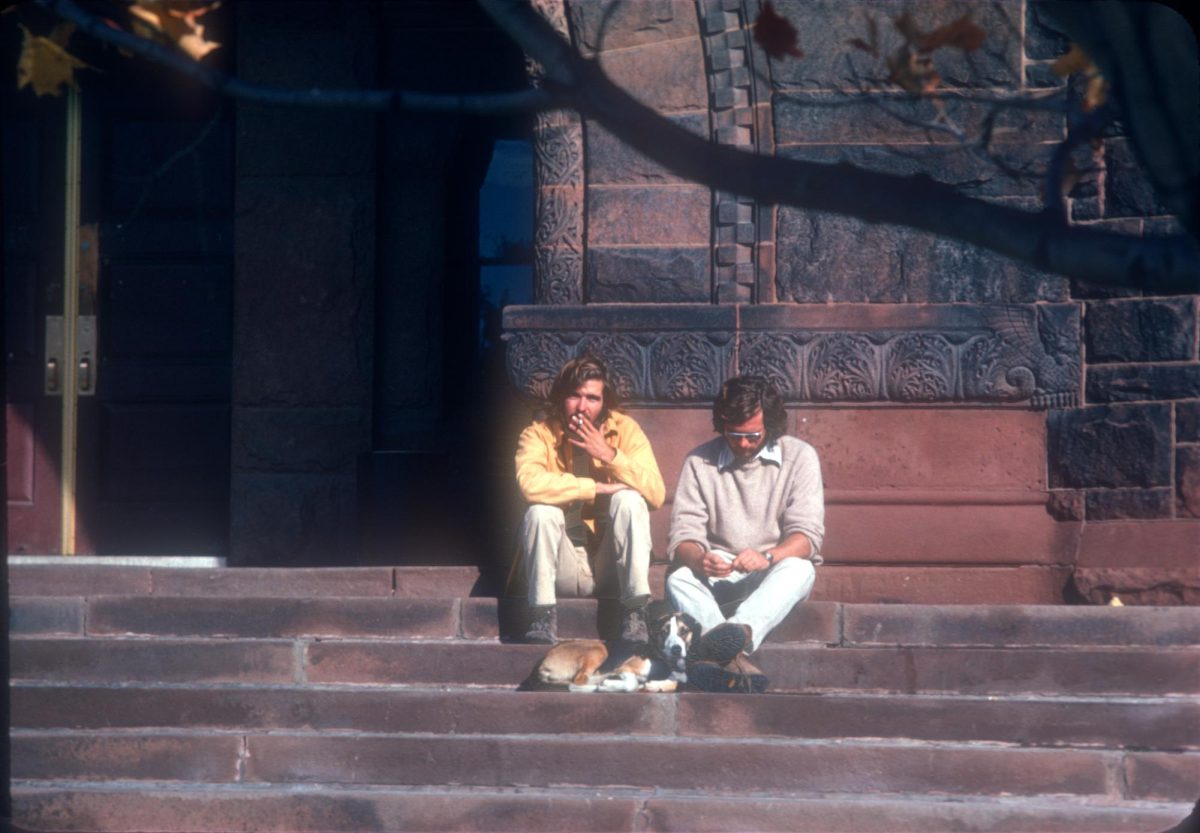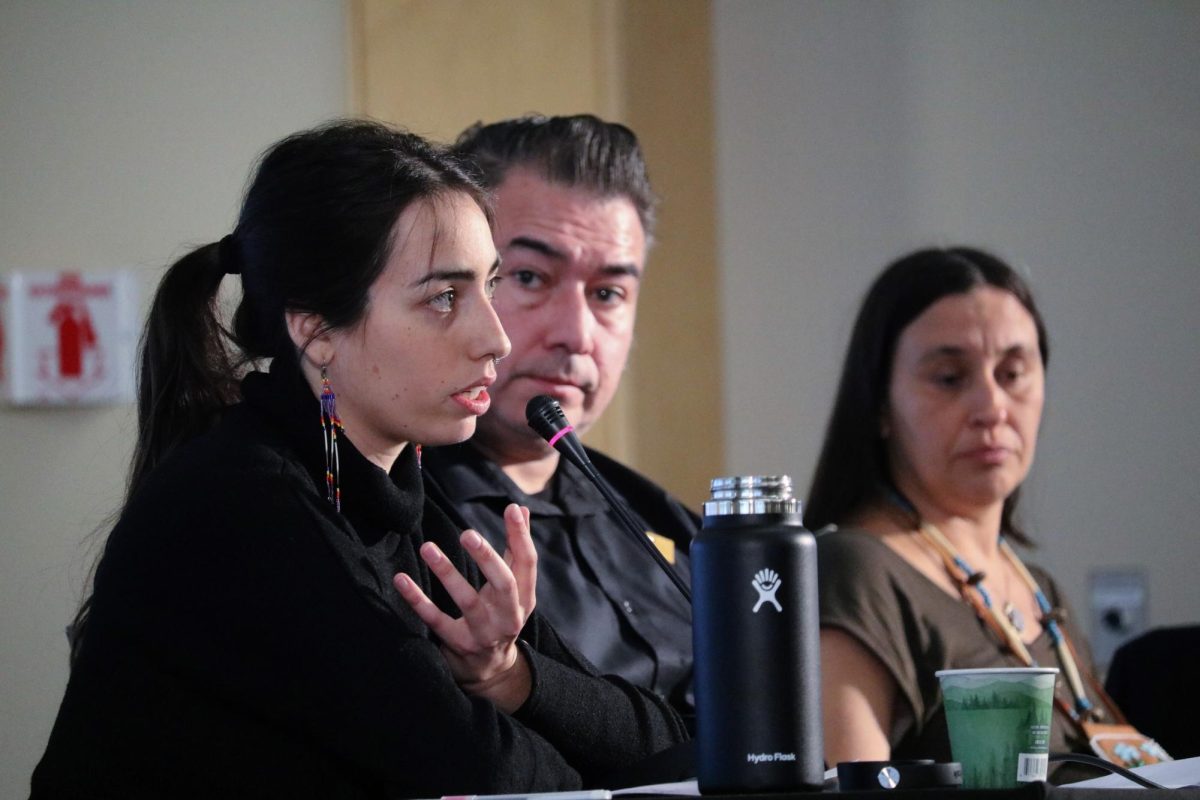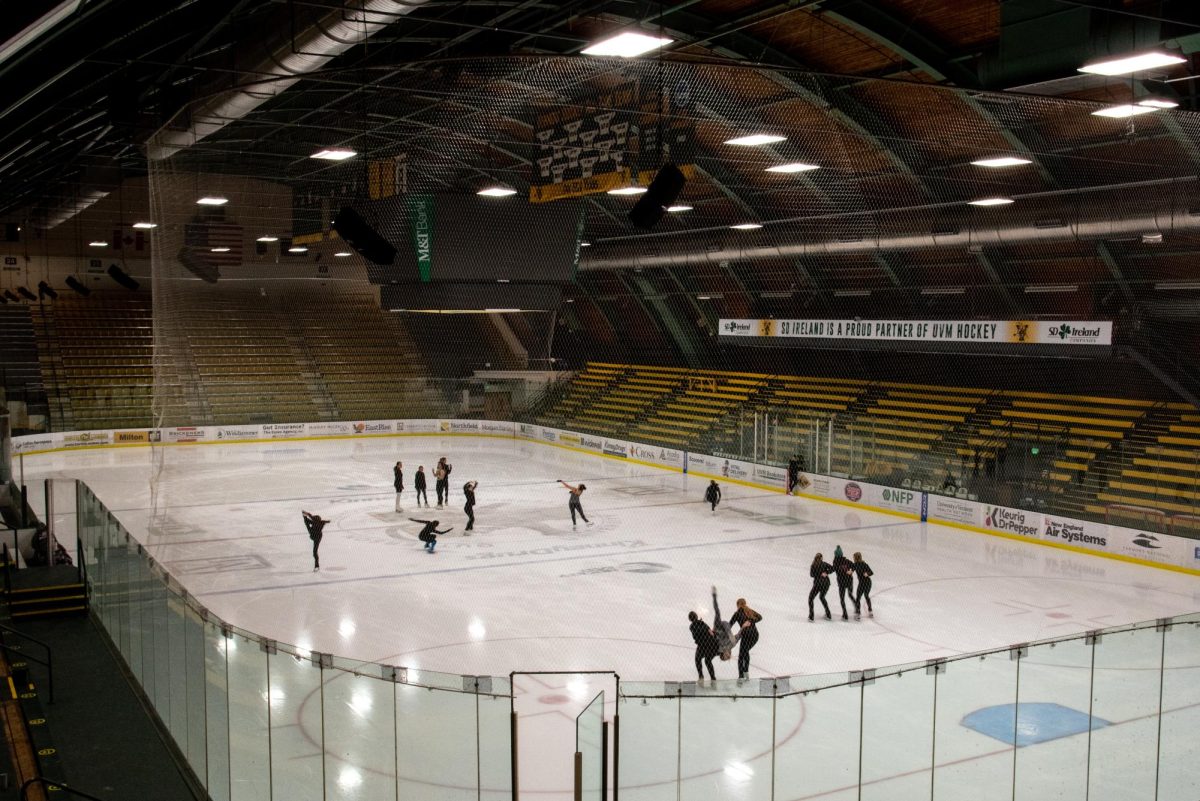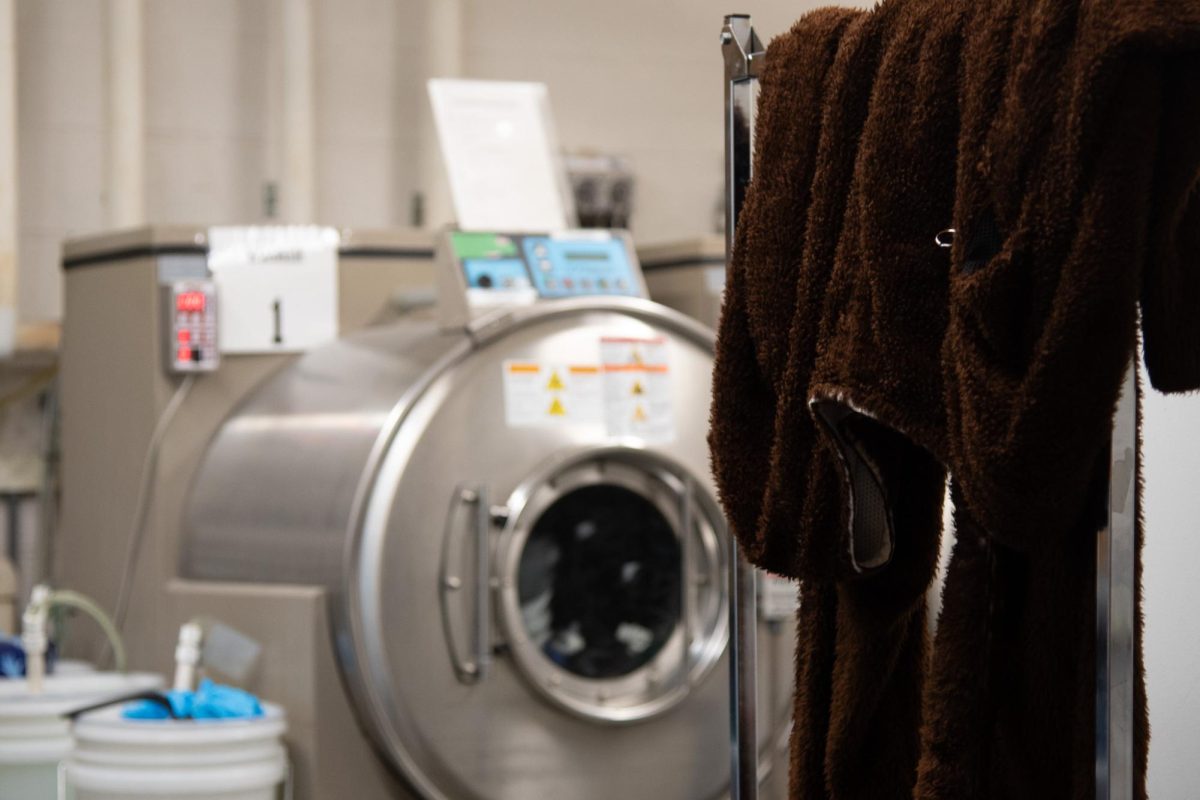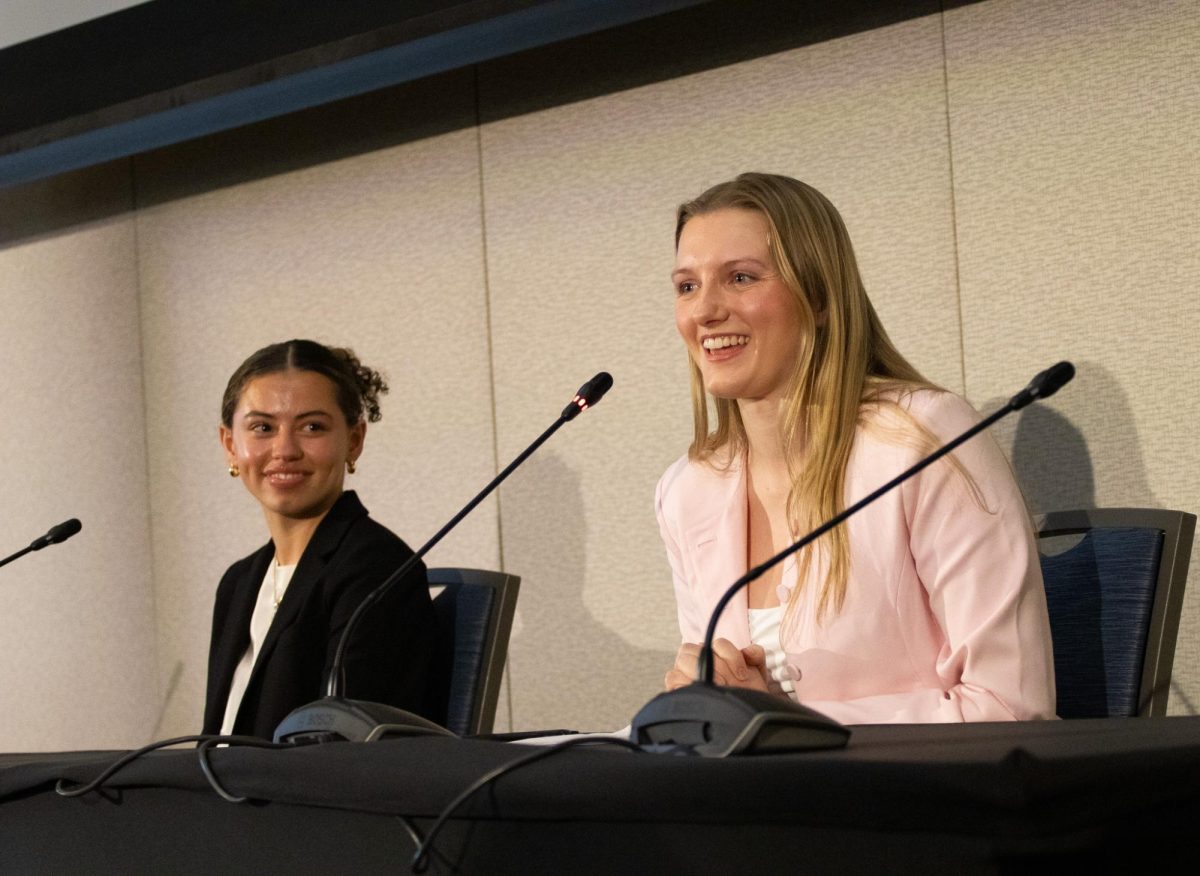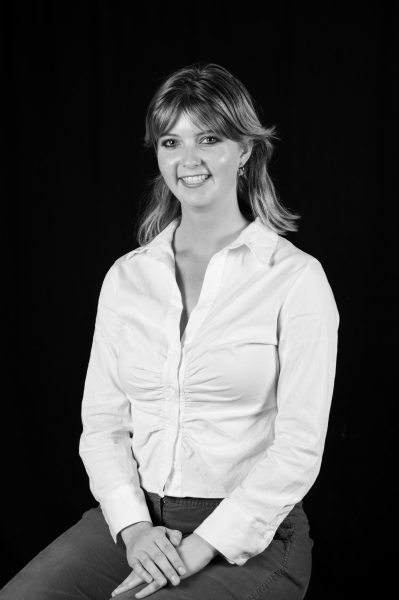Despite the National Audubon Society’s decision to not change their title from the racist legacy of the organization’s origins, the UVM Birding Club has chosen to change their name to instill ideals of inclusion and community into their chapter.
The National Audubon Society is a leading organization in efforts toward the conservation of birds and the habitats they live in, and is named after John James Audubon for his stature in the world of wildlife art and natural history, according to Audubon’s website.
However, John James Audubon was discovered to be a racist slaveholder who supported anti-abolition movements, according to a July 31, 2020 article from Audubon magazine.
Changing the society’s name away from the “Audubon” title had been the topic of ongoing debates for years before the official decision to keep the name came out after a year-long deliberation process by the organization’s board, according to a March 16, 2023 statement from Elizabeth Gray, the National Audubon Society’s chief executive officer.
In the statement, Gray acknowledged Audubon’s racist and exploitative past, and ensured that the organization would continue to take steps toward addressing racial inequality across the birding community and movement. However, the final decision was for the “Audubon” title to remain, she said.
“Ultimately, [the Board] decided that the organization transcends one person’s name,” Gray stated. “‘Audubon’ has come to symbolize our mission and significant achievements that this organization has made in its long history.”
Despite this decision, the UVM Birding Club did not align with the sentiments of the National Audubon Society, and changed their name from the Audubon UVM Chapter to UVM Birding Club at the beginning of the 2023-2024 academic year.
The name-change decision was a “no-brainer” for the club’s leadership board, said junior Catriona Goering, president of UVM Birding Club.
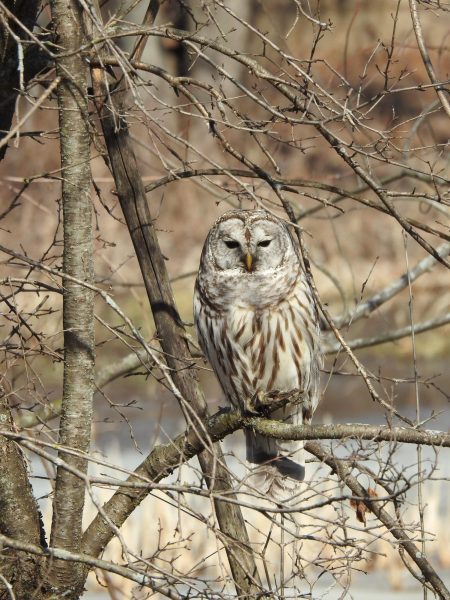
“We read the articles: John James Audubon enslaved people and spoke out against the abolition movement. Why would we want our club named after him?” Goering said. “This was a relatively small, quick and easy step that we could take to try to make the club more welcoming and inclusive.”
Although this “small” decision was “quick and easy” for the board members of UVM Birding Club, it was a major step in solidifying the inclusionary, community-oriented values of the club itself.
“The original name could be considered very exclusionary,” said junior Laura Annuziata, treasurer of UVM Birding Club. “We wanted to make sure that everyone felt comfortable joining the club and we didn’t feel that the original name best reflected that.”
Dr. Trish O’Kane, UVM senior lecturer and the club’s advisor, canceled her membership to the National Audubon Society when their March statement was released. O’Kane applauded the club’s timely decision to change the name, she said.
“I didn’t want to call a meeting [with the club] to say, ‘I think you guys should do this,’” O’Kane said. “No, that’s not my place. They learned about this and did it all on their own and I am very proud of them.”
O’Kane, who has a background in racial justice from working for the Southern Poverty Law Center in Montgomery for eight years before studying natural sciences, was very angry after learning about the national chapter’s decision to keep the original name, she said.
“I can’t separate racial justice from environmental issues,” O’Kane said. “The history is important and we can’t unlearn that.”
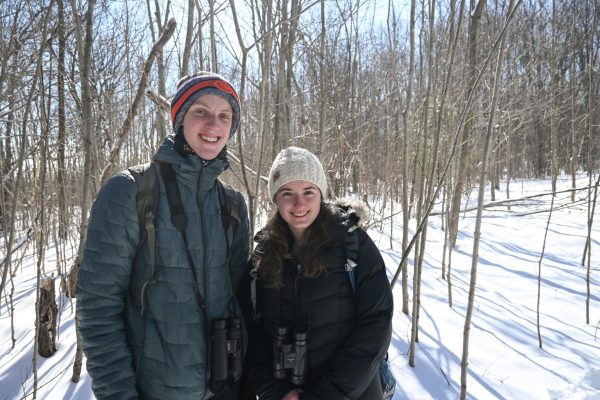
Back on campus, the UVM Birding Club has made steps towards normalizing inclusion, community and learning.
Since the UVM Birding Club is composed of members from different levels of birding experience, prioritizing inclusion in the club was important for everyone to feel supported, Annuziata said.
The club has started a GroupMe chat with all club members, used for sharing recent photos and birding experiences, as well as evening birding game nights where people can get to know each other in a casual setting, Goering said.
Instilling a supportive, friendly space for birders within the club also provides benefits such as being an outlet for improving wellbeing and mental health by being in nature, Goering said.
“I’m super fascinated with nature and the living world,” said junior Spencer Ogden, vice president of UVM Birding Club. “Birding is significant because it is a way to get outside and be immersed in nature, which has so many mental health aspects to it.”
O’Kane echoes how birding and being outside can provide mental health benefits. However, she also recognizes the privilege, as a white person, that comes with these benefits, and with being able to completely leave the world behind and immerse oneself in nature not always being the reality for all, she said.
“People of color can’t go outside without being afraid in certain situations, so how can they enjoy nature? How can nature be relaxing if you always have to be alert?” O’Kane said. “How can we change this world so that nobody has to watch their back, so everybody can enjoy nature?”
While the UVM Birding Club has taken steps to ensure all aspects of inclusion and community in their birding spaces, they recognize the beneficial work that the National Audubon Society contributes toward bird conservation despite their decision to allow the name to remain.
“Audubon does great work and they are synonymous with bird conservation to protect super important ecosystems,” Ogden said. “They do a lot of great research, but the name change decision is slightly questionable.”
The UVM Birding Club board members agreed that community is one of the primary benefits of birding and the National Audubon Society should change their name to extend this inclusion nationwide.
“We support their work, we just think they should change their name, and I think that it is inevitable,” Goering said. “I hope that our decision will increase the pressure on them to do it sooner rather than later.”


